Self-made star Manoj Bajpayee has gone from small roles in films to winning multiple awards, acclaim, and adulation for stunning performances as a leading man.
That incredibly rich career has enabled the versatile actor to play a wide array of roles in diverse projects that have shown off his impressive range. He recently added to his immense body of work with newly released film Sirf Ek Bandaa Kaafi Hai, which recently premiered on streaming site ZEE5 Global and won rave reviews. The powerful legal drama, based on real events, sees him play a lawyer who takes on a holy man accused of sexually assaulting a teenage girl.
Eastern Eye caught up with the actor to discuss the Apoorv Singh Karki-directed film, his role, Hollywood aspirations and why he has nothing left to achieve.
What can you tell us about your new film Sirf Ek Bandaa Kaafi Hai?
Bandaa is actually inspired by true events. It’s the story of a lawyer and his chemistry with the victim whose case he has filed. It is a case that took five years, for a very regular ordinary lawyer, and someone who was not even expecting a case like this to happen to him. When he gets the case, he gives all his life experiences and intentions to winning it.
Tell us a little more about the role you are playing?
The character I am playing in Bandaa is very real. His name is Mr PC Solanki. As I mentioned, the film is inspired by true events, so this character is also modelled on a real-life person. For me, it is also a story of a 16-year-old girl, who is the victim. It’s about them deriving strength from each other and holding each other’s hand in the difficult journey. That is what the film is all about.
What most appealed to you about this story?
Once you get the story, first you look at its creative potential. For me, it is very, very important that I am not an activist, but an actor. First and foremost, it has to appeal to me as an actor, okay? And then you try to be sincere and sensitive to the message it is trying to convey. You know, it should work on both levels. If it works on both levels, you just go ahead and do it.
What was the most challenging part about playing this role?
You know, it is always very challenging when it comes to courtroom dramas. It is about the words, sections, and all of that. Then remembering them and saying those lines. It is about the arguments and those testimonies. You must memorise those legal technical words and try to make it look interesting, and exciting for the audience at the same time. That’s the biggest challenge for an actor.
This is a story based on reality. How much was altered for the film?
See, this case went on for five long years. We, of course, used to read up on it every day and every time there was a hearing. That much knowledge and awareness were there. The directors and writers started researching it. Many of the intricate and minute details started coming up and they were handed over to me, to just go through it and be aware of the facts and journey. My whole focus was on Solanki’s life and the kind of person he is.
Tell us about that?
What made him take up this case? What made him go through such a long and difficult journey? What are the points where he felt completely vulnerable, tired, or exhausted? These were things I was more interested in.
You have collaborated with ZEE5 Global previously. How do you look at your association with the streaming platform?
This streaming platform has my film Silence (2021), which is the most viewed movie on this platform. I was completely surprised when I was given this news. Yes, I knew that it was good, but to be the most viewed film content on the streaming platform was quite an achievement.
Tell us about that successful association with ZEE5?
Before Silence, we released Suraj Pe Mangal Bhaari (2020). Then there is Dial 100 (2021) and now Bandaa. All these films have been ZEE Studios productions. My next ZEE Studios film Zorum is getting a lot of praise (at film festivals) in Rotterdam and Sydney. So, I am excited about my association with ZEE5 Global, and they are showing such pride in this relationship. We are very happy in each other’s company. I get a lot of support from them. That gives me a lot of strength and emotionally you feel secure in this kind of a relationship.
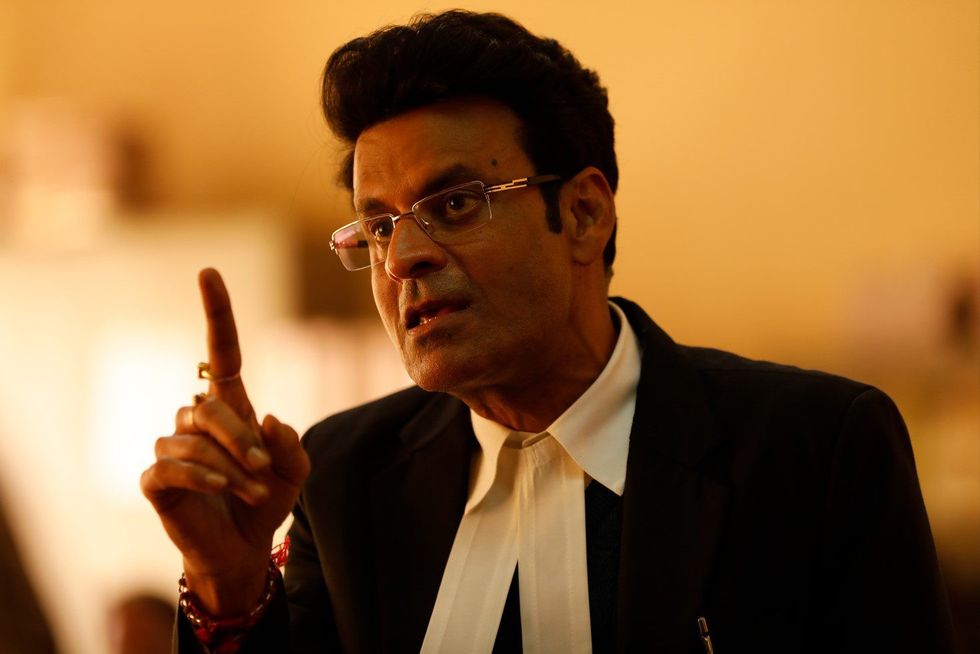
You have innumerable accomplishments and awards. What is it that you still want to achieve professionally?
You know, there is nothing I want to achieve. The only thing I wanted to achieve in my life was to get my salary as an actor. When that happened for the first time, I started telling the world that I am a professional actor. This is what I wanted to be and what has happened to me, so I feel blessed. After that, whatever I am getting is a bonus and blessing. It is the kind of blessing I never thought or comprehend that I would ever get.
You have been a part of Indian cinema for such a long time and achieved so much. At this point in your career, do you have any Hollywood aspirations?
See, I never had the audacity or guts to think about that. Coming from a village, and just becoming an actor was a tough task. I could never run my imagination wild and cross seven seas and see myself in Hollywood. Even now when I am talking to you, I find it very, very difficult that I would ever be able to break through there. But yes, I am always open, since the world has all come closer. Opportunities are there, but not ones I would like to take because that is not somewhere I see myself. I see myself doing great roles in beautiful projects in India. Then the criteria are going to be the same in any other industry, and this is what I am waiting for.
What would you tell the public to expect from Sirf Ek Bandaa Kaafi Hai?
I would expect them to come and watch a great story of a very ordinary man.
Sirf Ek Bandaa Kaafi Hai is on ZEE5 Global now.
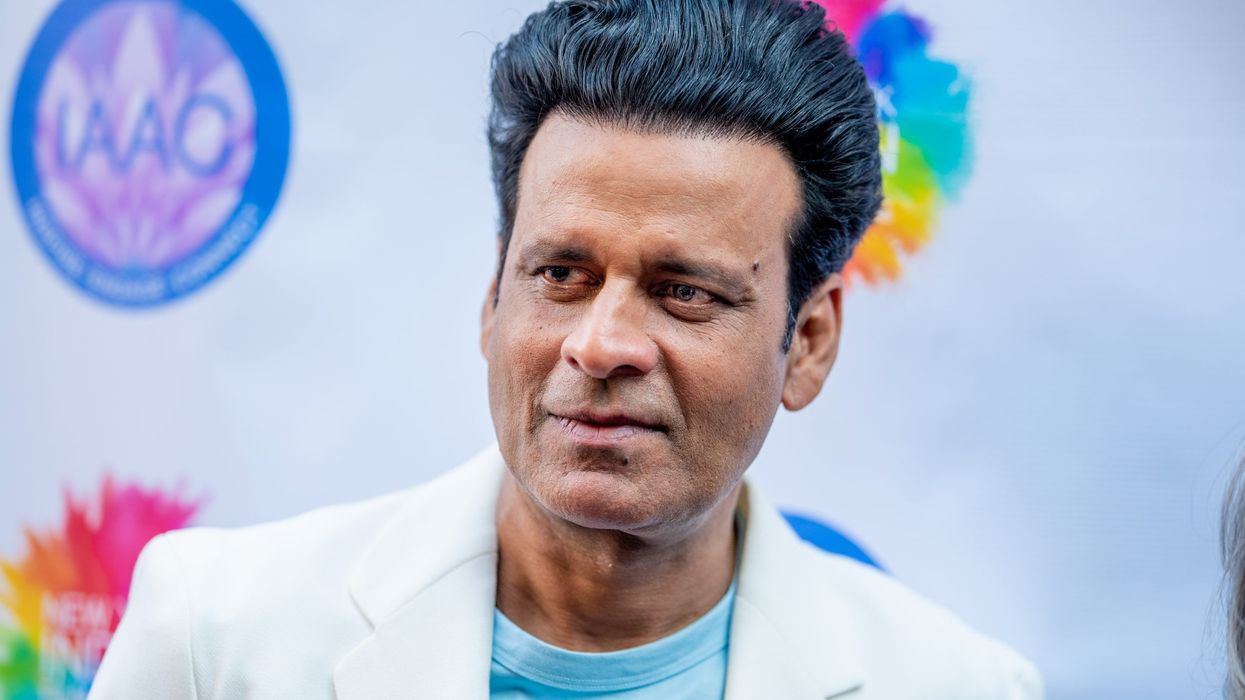
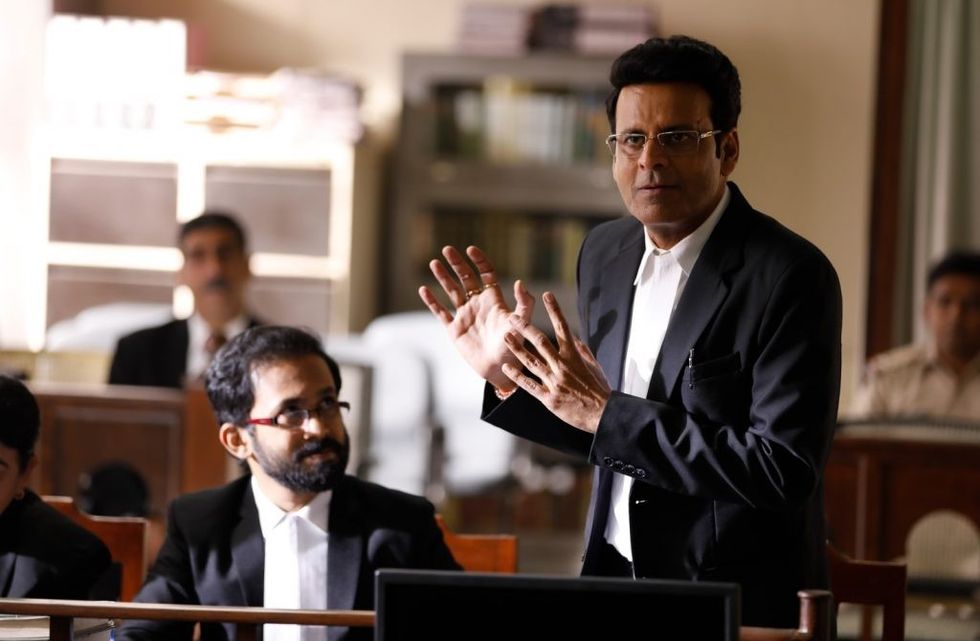





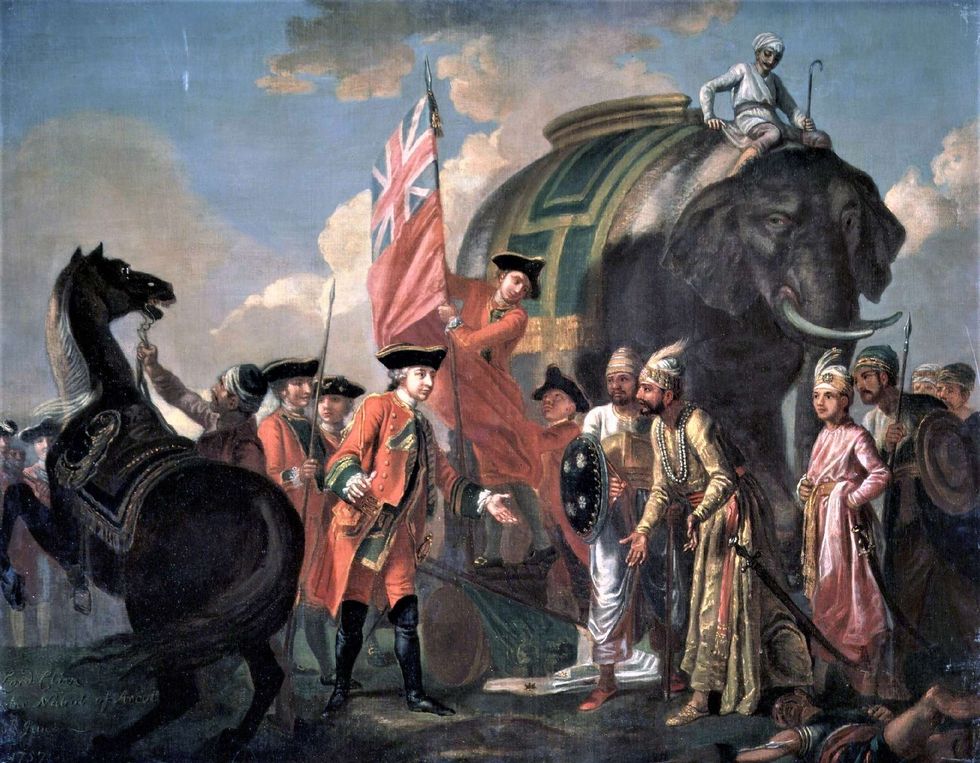 Clive meeting Mir Jafar after the Battle of Plassey 1757
Clive meeting Mir Jafar after the Battle of Plassey 1757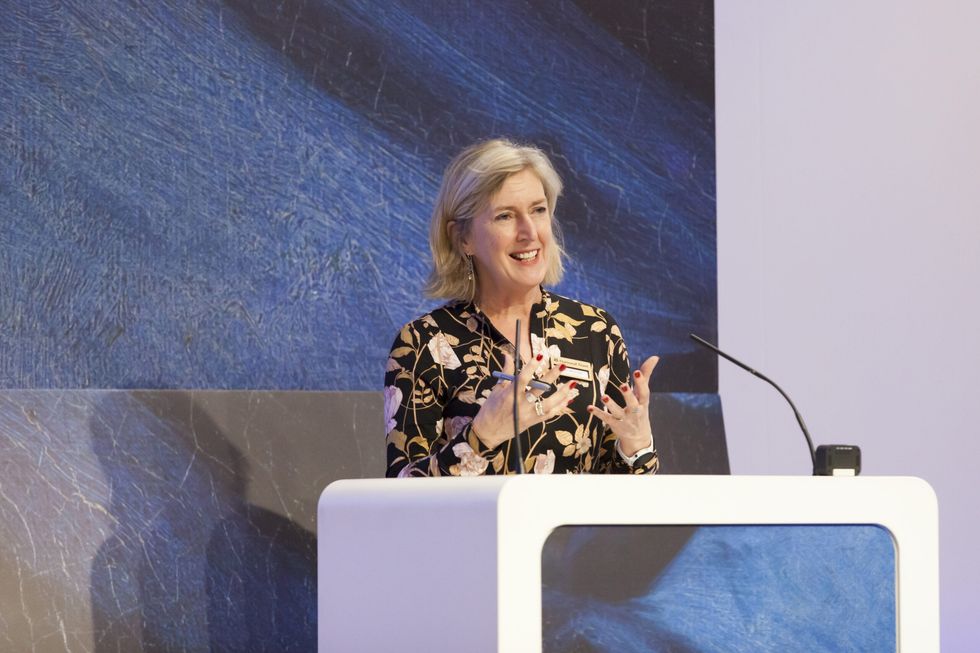 National Trust director general Hilary McGrady
National Trust director general Hilary McGrady 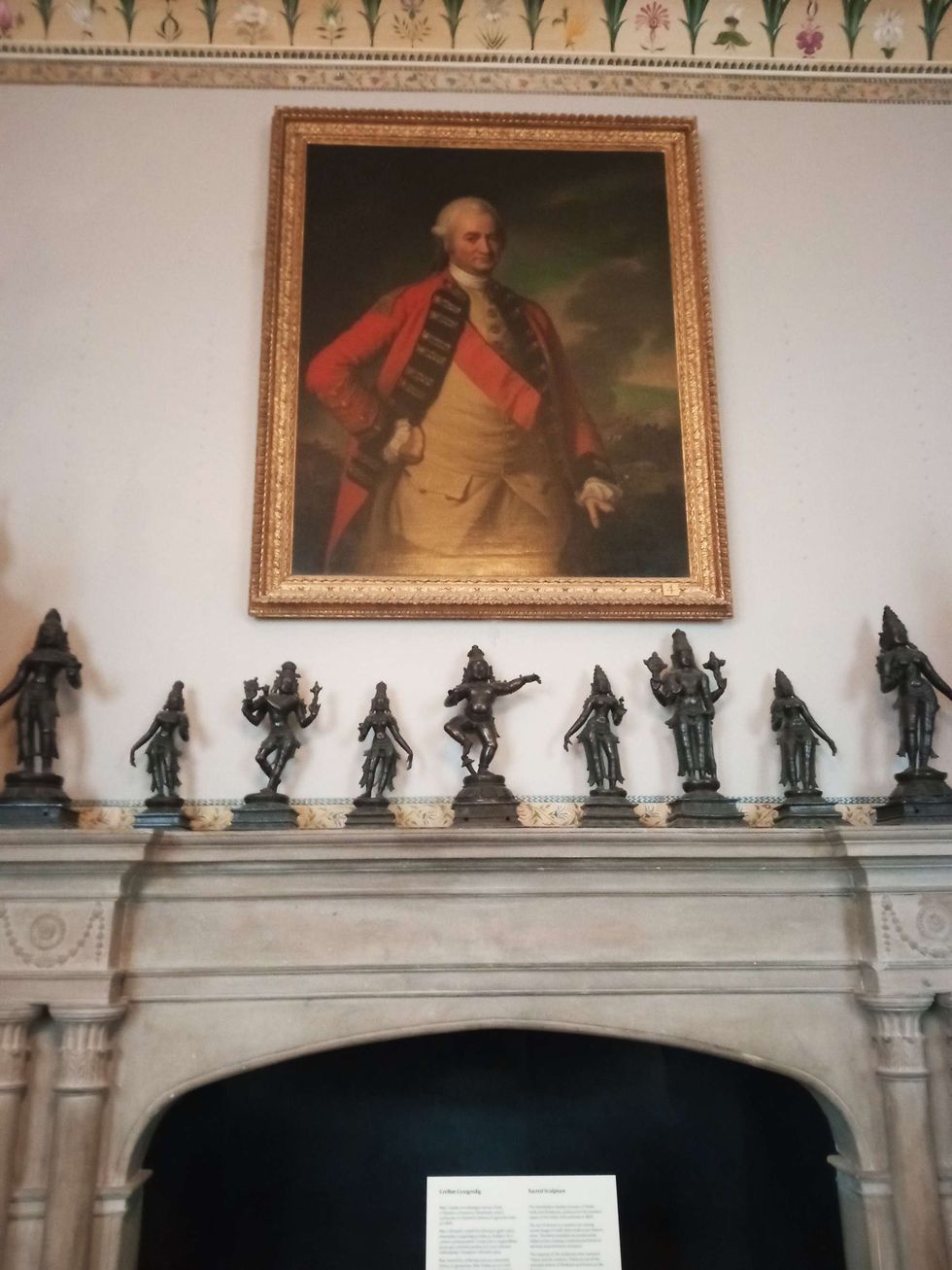 Powis Castle photo of four Clive dominates Hindu Gods
Powis Castle photo of four Clive dominates Hindu Gods  Clive of India at Foreign Office entrance
Clive of India at Foreign Office entrance 





